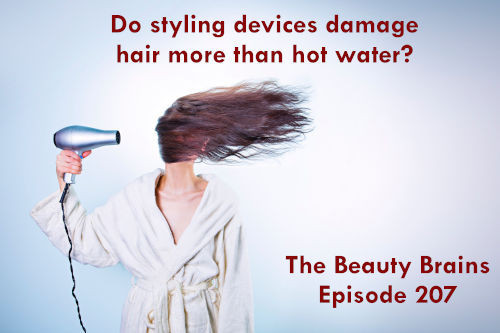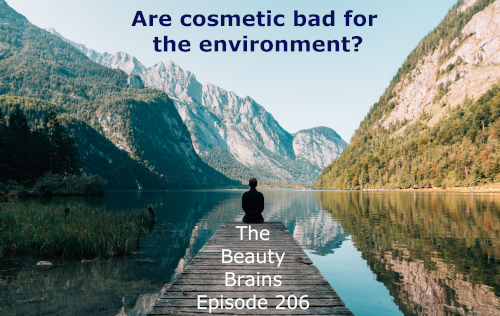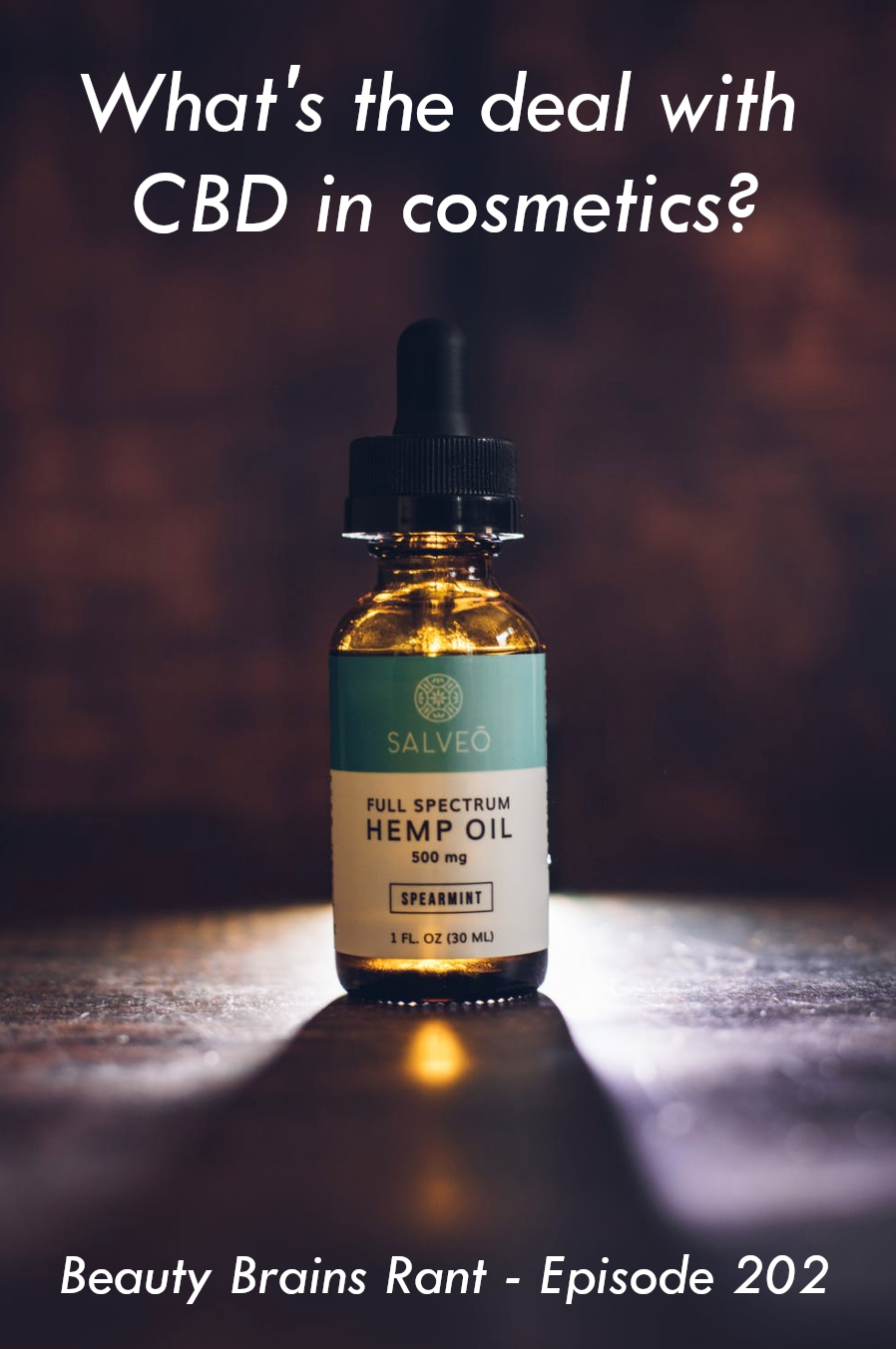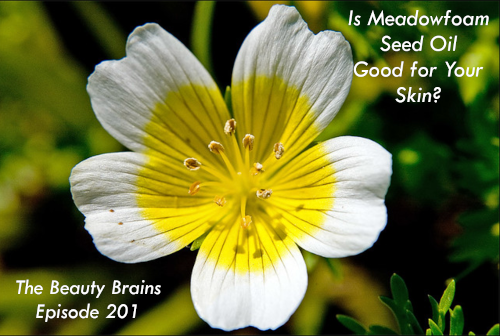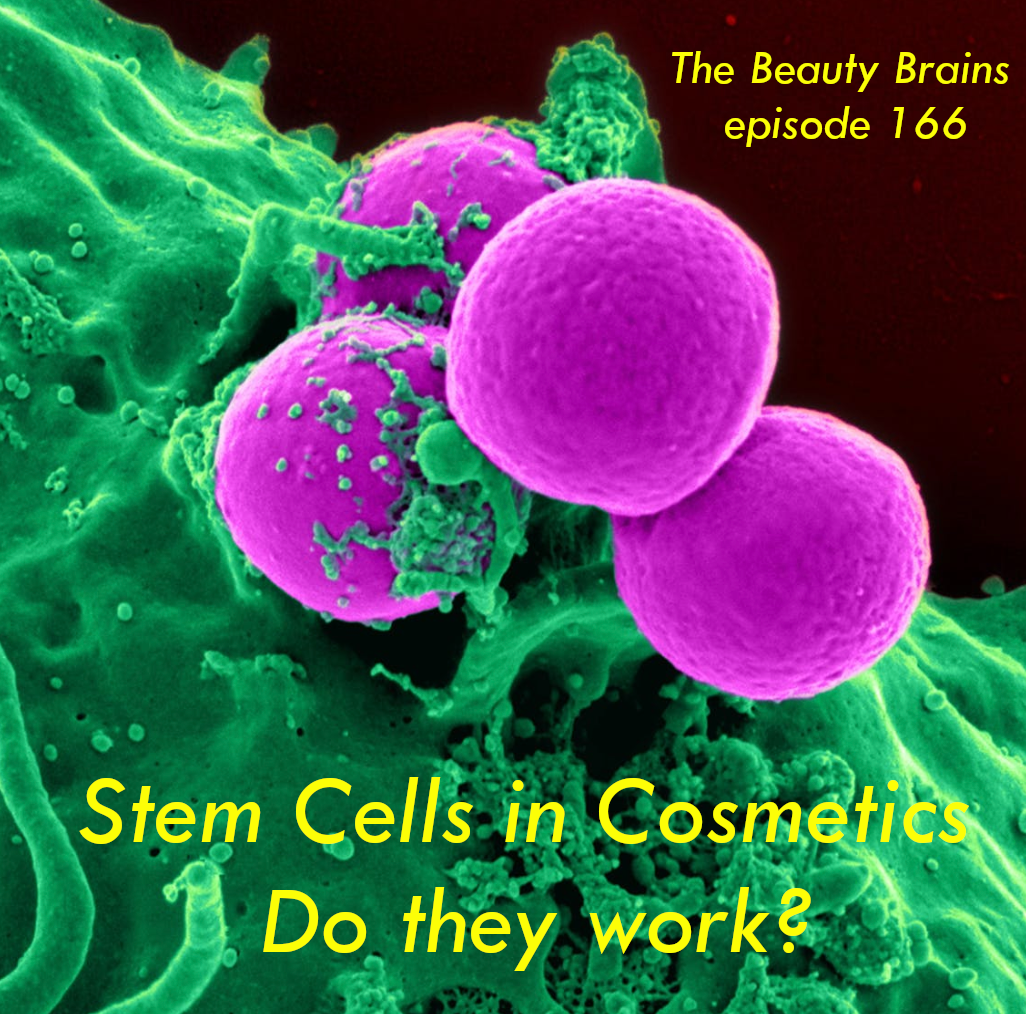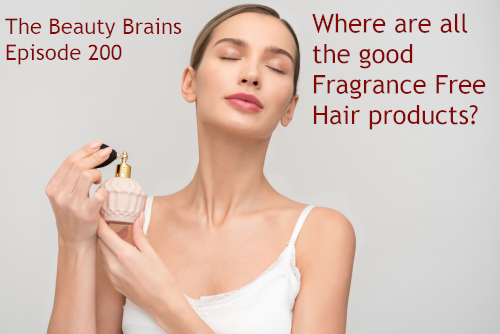On today’s program we are going to talk about a couple of beauty industry news stories and answer your questions about… Is an expensive skin serum worth the money even it if is from a pharmaceutical company?Which is more damaging, hot water or hot styling devices?Do nutrition pads work to deliver actives?Can a shampoo or [...]
Beauty Science News stories On today’s program we are going to talk about a couple of beauty industry news stories and answer your questions about… Aluminum hydroxide in topical productsWhether lip scrubs are worthwhileThe environmental impact of cosmeticsAnd what the differences are between bentonite and charcoal in a facial mask Beauty Science News Talc is [...]
It’s a special episode with Perry and Sarah Bellum. On today’s episode we’re going to be answering your beauty questions about Do you need to reapply sunscreen if I’m indoor all day?Why is ferulic acid used with vitamin C?Are vampire facial good for your skin?Why isn’t there more recycling?Does Revitalash really work?Are cosmetician brands really [...]
Happy New Year! We take a look at some of the hottest trends in the beauty industry in 2019 including clean beauty, CBD, Indie beauty and waterless beauty. Then we give our predictions for the hottest trends coming in 2020. We’ll get back to answering beauty questions in our next show. Follow the Brains Thanks [...]
On today’s episode we’re going to be answering your beauty questions about Quality of ingredients versus price of the product?The Curly Girl Method and Parabens?What it’s like to work in the cosmetics industryDo you have to wait after applying Vitamin C? Beauty Science News stories Is your old makeup is contaminated? Here’s an interesting story [...]
On today’s episode we just felt like ranting! Today we cover 3 beauty science topics that have affected the beauty world. Here you’ll get the cosmetic chemist and formulator take on the following topics: Hair dye and a link to cancerWaterless formulas and whether they are superiorCBD – is it really linked to smoking weed? [...]
On today’s episode we’re going to be answering your beauty questions about Is meadowfoam seed oil making skin less itchy?Can rinse off conditioner give you acne?Does Este Lauder own Bobbie Brown?What is Indie Beauty?What’s the deal with oils and hair? Beauty Science News stories What do you make of these “waiting lists” ? Why Tata [...]
Covered on this episode: Beauty Science stories: Cruelty free products are free from cruelty. EWG on the Kardashian’s show – Beauty Questions: Are human stem cells effective in anti-aging products? Coincidentally, I just read a story about a new skin care product that incorporates both plant and human “stem cells.” This type of marketing is [...]
The Beauty Brains answer questions about… Why can’t I find more fragrance-free hair products?Living Proof hair care (is the price worth it?)What’s the deal with No-BS SkincareCan magnesium be used for cleaning? Beauty News Skin care in the dairy aisle – will probiotics help strengthen skin and hair? There isn’t a lot of evidence to [...]
The Beauty Brains answer questions about… Should you take collagen supplements?Is there a difference between men & women’s hair care?Is tea tree oil is as effective as benzoyl peroxideCan Vitamin C change color? Beauty News Natural cosmetic act is introduced in congress (in the US) The purple hair challenge is going viral – I have [...]

